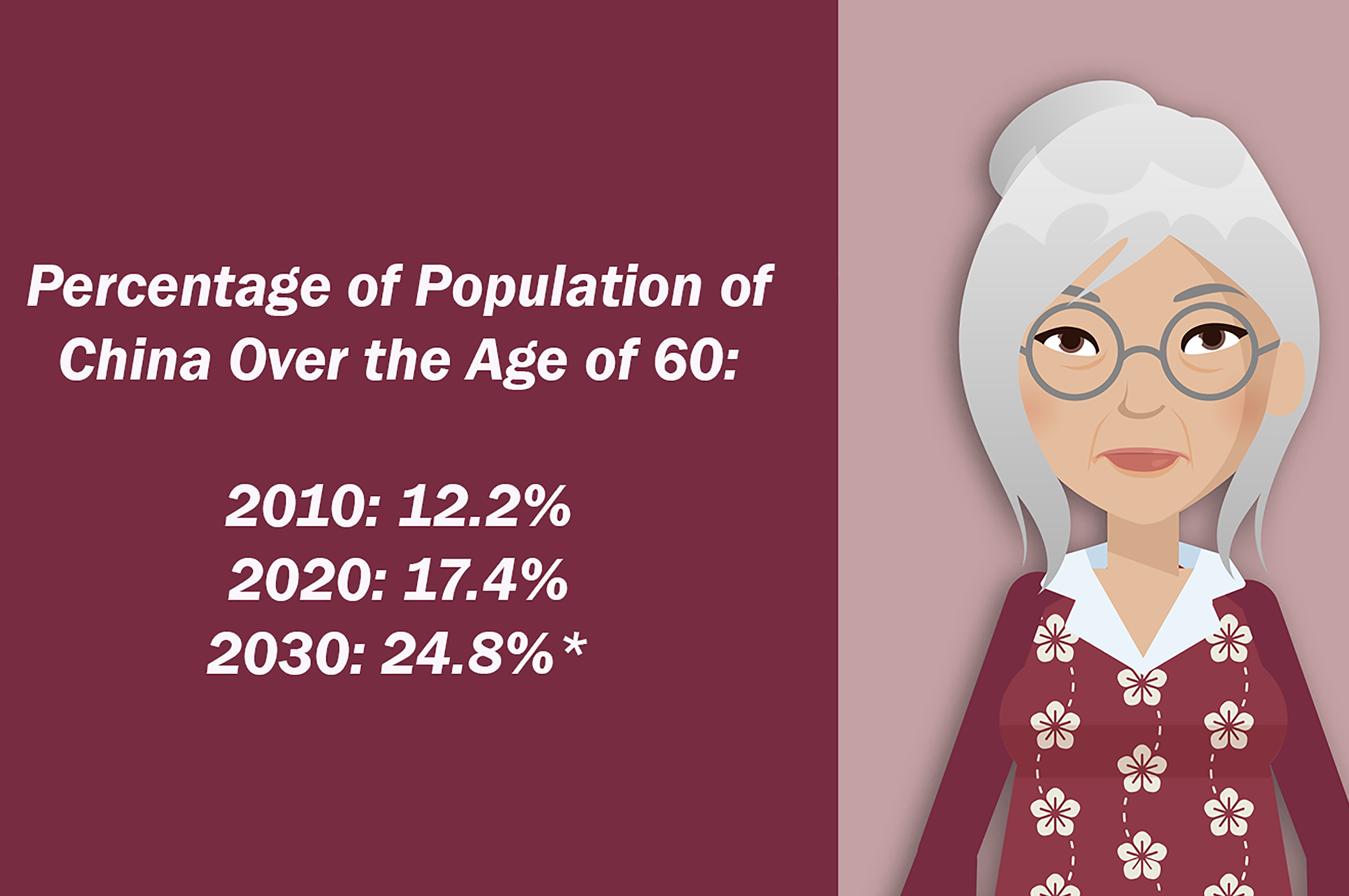At the age of 104, my grandmother passed away in a nursing home in Shanghai, China. Growing up, I was very close to her and listened to many of her life stories. As a gerontologist, I often wonder what were the factors that may have contributed to her longevity. She never had a formal education but taught herself to read and write. She was a housewife and was still actively doing household chores into her 90s. She had endured many traumatic life events, including starvation, the deaths of three of her children, and the loss of her entire house during a war in the 1940s. While it is possible, she possessed a longevity gene, I would also consider other factors that may explain her longevity: remarkable resilience, optimism towards life, and a strong social support network.
I have observed similar characteristics from two centenarian studies I collaborated on with my Chinese colleagues in the past. We visited many centenarians during our site visits, and each one of them had unique and fascinating life experience to share with us. All the centenarians we visited were living with their family members at their home. One site visit in a rural village of China was particularly memorable. This 101 years old study participant was living with her unmarried son who was a farmer. She did not have any formal education and was not able to read or write. She told us that she was very active working in the field as a farmer until the year before when her piece of land was taken away due to local construction. During the interview, she was able to answer many of our questions with some help from her son. She did not have retirement income except a very modest number of subsidies from the local government. When we asked her about financial adequacy, she answered without any hesitation that her financial status was adequate because she had limited needs. We were also impressed by her cognitive ability. During the interview, she occasionally stood up and moved around to stretch her body. I found these home visits to be very interesting and informative. These individuals lived through much turmoil in recent Chinese history, and the majority of them had minimal or no formal education, limited financial resources, and experienced personal tragedies and traumatic life events.
Centenarians are often considered to be the best age group to study healthy longevity and successful aging. Literature demonstrates that although centenarians show poorer physical health and cognitive function compared to younger older adults, their psychological wellbeing may not be at a disadvantage. More importantly, evidence shows that in comparison with their same cohort peers, centenarians are more psychologically resilient and have higher levels of physical and cognitive function than those who died younger. In 2018, we conducted a study using a nationwide longitudinal dataset from 2005 to 2014 in China that included 5,778 centenarians and non-centenarians aged 65–99 (20,846 persons). We found that centenarians were more likely to have a positive perception about their own usefulness compared with younger elders. This was while holding other personal characteristics and conditions equal and comparing with those non-centenarian peers of their own birth cohorts.
Our findings provided additional evidence to support the notion that centenarians are more positive about their aging. Findings from literature are supportive of my personal observations towards my grandmother that regardless of unique experience of these centenarians, some common themes emerged from these studies: resilience, positive attitude towards life, and a strong social support network. While we thrive to achieve successful aging and healthy aging in our life, the notion of adaptive aging deserves more attention.
------

 Donation
Donation
